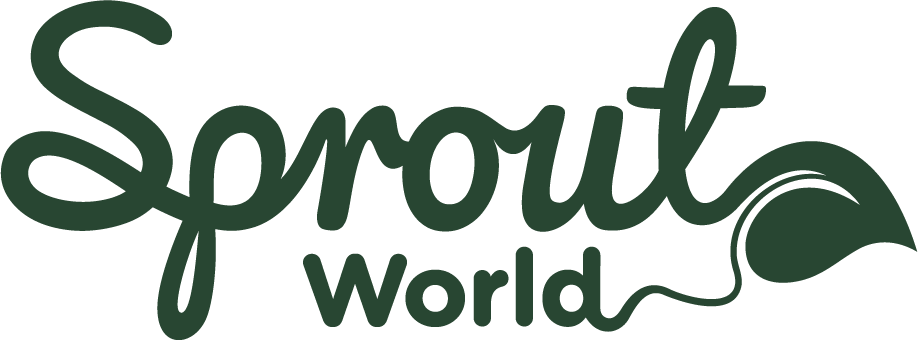
EN-71
European standard EN 71 safety requirements for toys made or imported into the European Union specify the tests to perform to comply with the European directives. The standard has been published in 14 parts. Our Sprout pencils are EN71-1, EN71-2 and EN71-3 certified.
EN 71 STANDARD PART 1: MECHANICAL AND PHYSICAL PROPERTIES
The first part of EN 71 regulates the mechanical and physical properties of toys. The section contains over 30 important tests. For example, minimum sizes for very small toys are defined - so that babies cannot swallow them.
EN 71 STANDARD PART 2: FLAMMABILITY
Most materials used by manufacturers to produce toys will burn if exposed to an appropriate ignition source. To reduce the risks of burn injuries associated with children being in contact with certain toys, different testing methods have been defined to identify a limited rate of spread of flame or maximum 'after flame time' to give the child time to drop the toy or move away from it before serious injury occurs.
EN 71 STANDARD PART 3: MIGRATION OF CERTAIN CHEMICALS
The EN 71 standard part 3 focuses on studying the chemicals contained in the toy and the levels at which they are present. Since July 2013, the regulation has extended the metal restrictions and application scope to a wider range of toys.
As for all standards, only "notified bodies" can issue valid certificates. At Sprout, we work with SGS.
REACH
REACH contains many requirements depending on which product you are dealing with. We can confirm that we comply with the REACH requirements, as there is no lead or other heavy metals in our pencil and therefore do not emit these during use. Sprout graphite and color pencils are EN71-3 certified (chemically tested).
CE approved crayons
While our graphite pencil is not subject to the Toys Directive, our color pencils are. In collaboration with an external partner, we declare that the crayons (colored pencils) meet the safety requirements set out in the Toys Directive, but we go further than that. Our crayons are EN71-1, EN71-2, and EN71-3 tested
